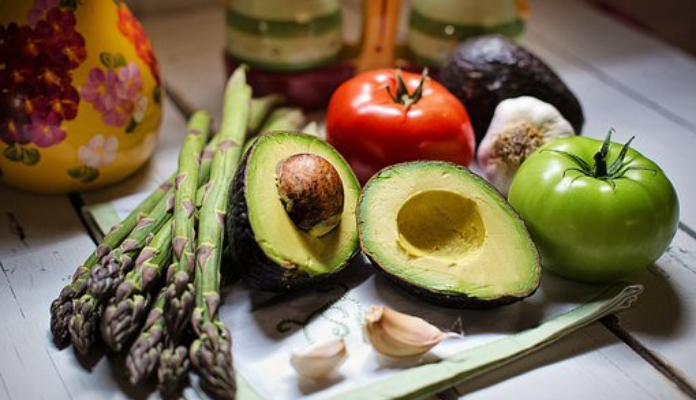Can Going Vegan Help The Planet?
Global warming is the greatest challenge humankind has ever faced. We feel its impact every single day as weather conditions and climate differences get more extreme. Many of us try to do our bit to help reduce global warming in whichever small way we can – We conserve electricity, fuel and water and we are constantly trying to find alternative fuels to keep the world powered without causing a meltdown. All these measures definitely help, but so could going vegan, according to many health experts.
The Dangers of Animal Farming
It’s estimated that 51 per cent or more of global greenhouse gas emissions are a direct result of animal farming. From local to global, every scale of animal farming contributes towards these serious environmental problems. We take a look at the details here.
Carbon Dioxide Increase
Burning any fossil fuel releases carbon dioxide, which is one of the primary gases responsible for global warming. A single calorie produced from animals will require 11 times more fossil fuel, resulting in 11 times more carbon dioxide production. Vast acres of forestlands are destroyed to create pasturelands to feed the animals, and animal manure also releases large quantities of carbon dioxide.
Methane Emissions Increase
Billions of chicken, lamb, turkey, pigs and cows crammed into farms produce enormous amounts of methane during digestion and the fieces they produce. Methane traps 84 times more heat in the atmosphere as compared to carbon dioxide and an animal farm is one of the biggest contributors. Growing Nitrogen Footprint Nitrogen oxide is 300 times more destructive than carbon dioxide when it comes to global warming and animal farms are accountable for 65 per cent of the worldwide nitrous oxide emissions. Together, the meat, dairy and egg industries leave behind a dangerously high nitrogen footprint.
Go Vegan To Save The Planet
To a large extent, a plant-based diet can shield the world from the looming dangers of global warming. Five biggest environment-friendly benefits of going vegan
1. Soil Protection – Apart from Vitamins D and B 12, the soil gives us all the other vital nutrients we need like minerals, enzymes, amino acids, phytonutrients and antioxidants. Animal farms contribute largely to the nutritional depletion of the soil and erosion plus deforestation and desertification. Choosing organic produce further protects the soil.
2. Water Conservation – It’s estimated that 70 per cent of the Earth’s fresh water is used for both plant and animal agriculture, but it takes 100- 200 times more water to produce a pound of beef as compared to a pound of vegetables. Also, livestock farming results in high amounts of water pollution. And a diet comprising of mostly seafood is hampering the oceanic balance as more species are endangered and the normal food chain is disrupted.
3. Energy Saving – Producing animal based proteins requires eight to eleven times more fossil fuel energy than creating plant-based protein as t takes a lot more fuel and time to cook meat compared to vegetables.
4. World Hunger Can Be Reduced – Did you know that an estimated amount of 700 million tons of human grade food is fed to livestock? Animals are mostly fed cereal, vegetables and legumes so that they can produce higher quality of eggs, meat and dairy. Using that food to feed the poor and hungry sounds like a better solution, doesn’t it? It is cheaper than meat, and consuming a plant-based diet is also easier on those with limited means.
Going Vegan Also Comes With Some Drawbacks
A complete plant-based diet must rely on balance, and vegans might not be able to get enough proteins without meat substitutes. A substantial number of meat substitutes like lentils, beans and soy can’t be grown In all countries, especially those with limited agricultural means. They have to be imported and that means more fuel wastage for transportation, not to mention extensive farming in the countries that can grow these crops.
Some scientists will even tell you that the amount of farming lands needed to produce the adequate amount of plant based crops to feed the entire world population and the potential destruction of forestlands to make the way for these farmlands quickly outweighs the negatives of animal farming.
The Final Verdict
Many see agriculture as a biotic cleansing. It requires taking over entire living communities and clearing them away, then planting the land for just humans. If the entire world population decides to go vegan, the land will simply not support us. So, the only way out is to discourage large scale animal farms that are cesspools of greenhouse emission gases. Buy meat and dairy products from local farms that follow organic methods of raising livestock and growing crops, side by side, just like nature intended it to be.
